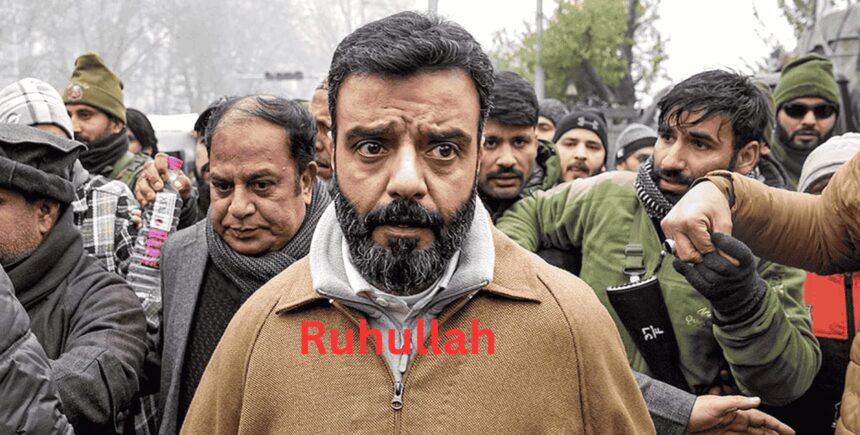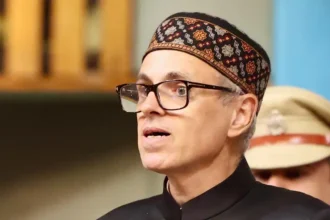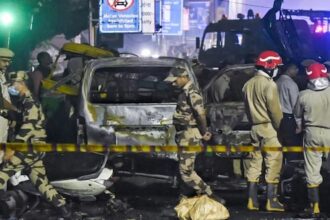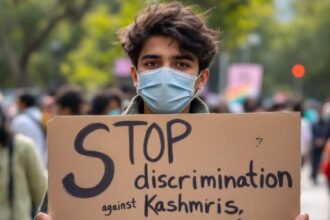The political dynamics within the National Conference (NC) have taken a dramatic turn with the party’s leadership launching a systematic attack on its own MP, Aga Ruhullah Mehdi. Ruhullah, who represents the Srinagar Lok Sabha seat, has been vocal about his disagreements with the party’s policies, creating a rift that has now escalated into a full-blown political crisis.
The tension surfaced most conspicuously following Ruhullah’s participation in a protest against the Jammu and Kashmir government’s reservation policy. This demonstration, held outside Chief Minister Omar Abdullah’s residence, saw Ruhullah aligning with student protestors and opposition leaders from the Peoples Democratic Party (PDP), including Waheed Para and Iltija Mufti.
The protest, which called for the rationalisation of reservation quotas, has been a point of contention within the NC. Party leaders accuse Ruhullah of undermining party discipline and aligning with opponents to gain personal political mileage. “Ruhullah’s actions have provided ammunition for opposition parties to target our leadership, especially Chief Minister Omar Abdullah,” noted a senior NC official.
Salman Sagar, the NC youth wing president and Hazratbal MLA, has been one of the staunchest critics of Ruhullah’s stance. He publicly rebuked Ruhullah for participating in the protest, stating, “No one is bigger than the party.”
Despite the internal backlash, Ruhullah has remained determined. He has consistently positioned himself as a people’s representative first, often clashing with the NC’s central leadership on key issues. His stance has garnered him significant public support, casting him as a maverick figure within the party.
The conflict within the NC has drawn varied reactions. The Congress, a coalition partner, has termed the issue an internal matter of the NC, refraining from direct comments. “This is for the NC to resolve internally,” stated Congress leader Tariq Hameed Kara.
Meanwhile, Ruhullah’s actions have not only strained his relationship with the party leadership but also exposed deeper fault lines within the NC. Some party insiders fear that his growing popularity and critical stance might embolden other members to voice dissent, potentially destabilising the party ahead of crucial local elections.
Chief Minister Omar Abdullah has attempted to downplay the discord, describing protests as a democratic right. However, his recent sharing of Rudyard Kipling’s poem ‘If’, indicating the virtues of moderation and restraint, was seen as a pointed response to Ruhullah’s outspoken nature.
As the NC grapples with this internal tumult, the coming weeks will be crucial in determining whether the party can reconcile its differences or if Ruhullah’s dissent will mark the beginning of a more significant ideological rift within one of Jammu & Kashmir’s oldest political entities. For now, the NC remains at a crossroads, its leaders contending with the dual challenge of internal unity and external opposition.





